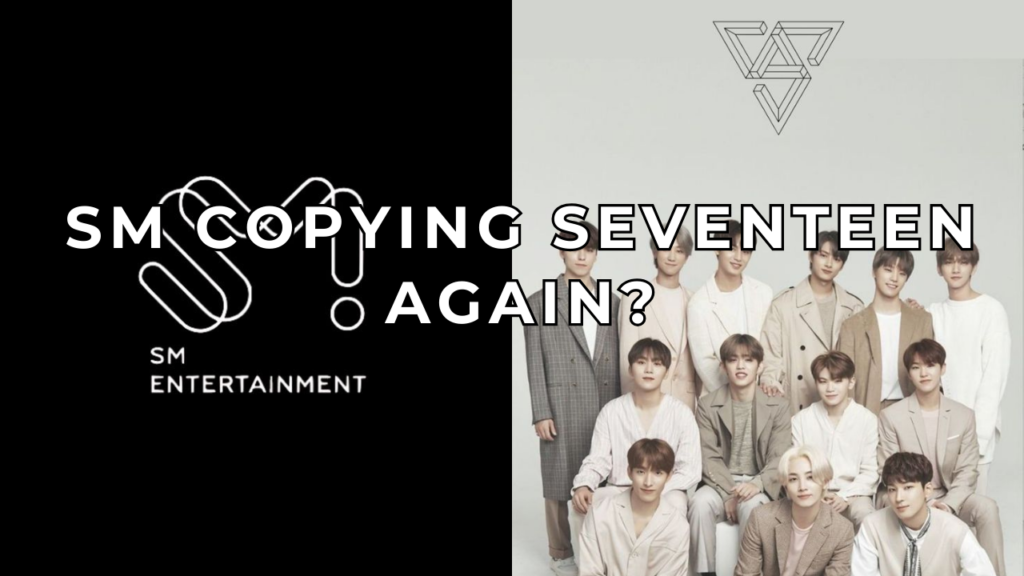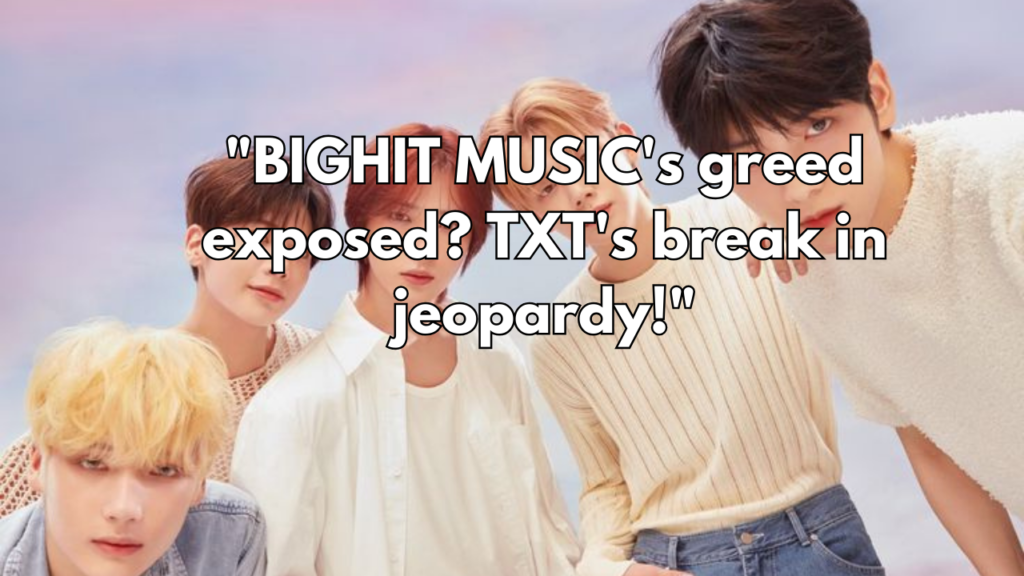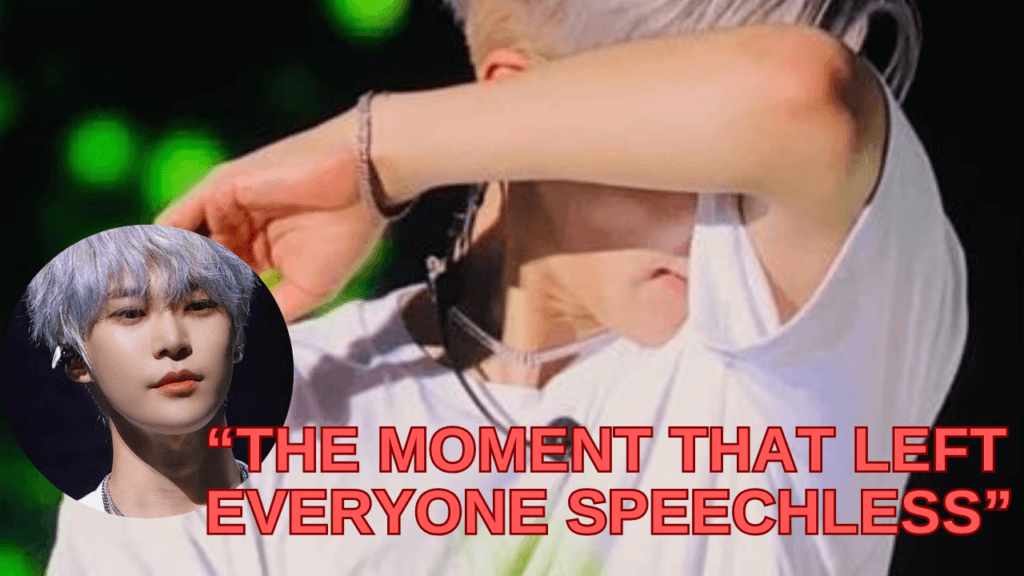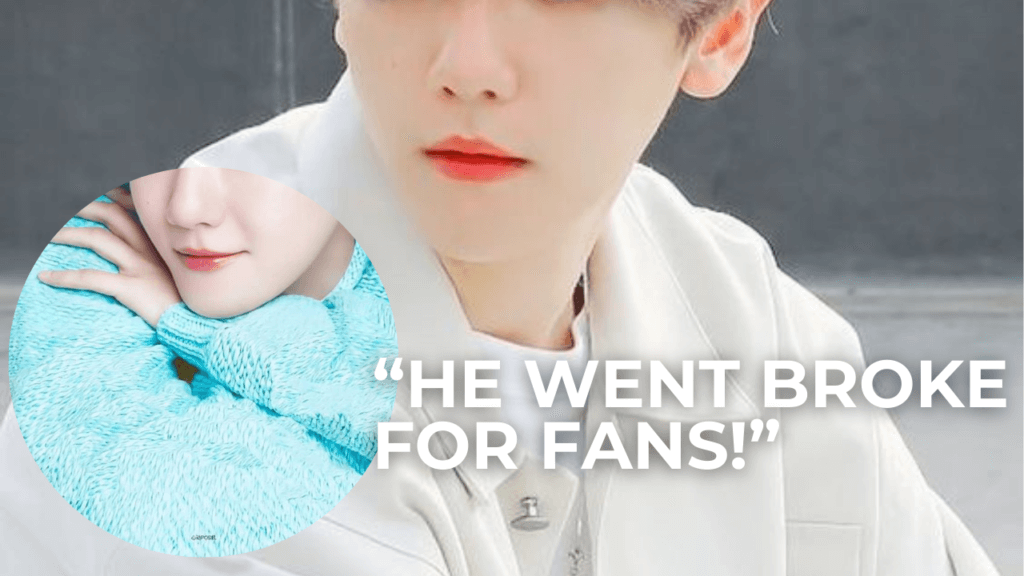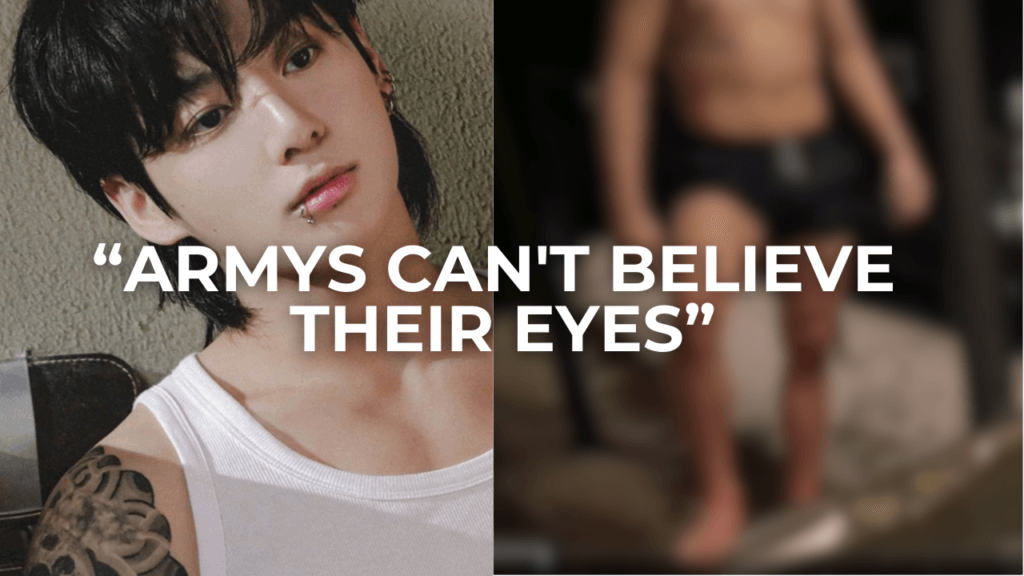SM Entertainment’s Latest Plagiarism Controversy
The K-pop industry is buzzing with new plagiarism allegations against SM Entertainment. RIIZE’s latest YouTube variety show, “The RIIZE Court,” has sparked heated debates among fans. The controversy centers around similarities to SEVENTEEN’s “Going SEVENTEEN” courtroom episodes from 2023. This marks another chapter in the ongoing discussion about content originality in K-pop.
RIIZE Court Show Details
The new variety content features RIIZE members taking on various roles within a courtroom setting. Members transform into judges, lawyers, and clients to resolve mock disputes in entertaining ways. The show’s format includes legal-themed challenges and humorous court proceedings. While the concept aims to showcase RIIZE’s personalities, the show’s structure and presentation have raised eyebrows among SEVENTEEN fans.
Behind The Controversy
The similarities between “The RIIZE Court” and SEVENTEEN’s content extend beyond just the basic concept. Fans have noted comparable camera angles, scene transitions, and overall production style. The courtroom setup, including the positioning of members and the flow of proceedings, bears a striking resemblance to SEVENTEEN’s episodes. These parallels have led to intense discussions across social media platforms.
History of Plagiarism Claims
This incident marks the third time SM Entertainment faces accusations of copying SEVENTEEN’s content format. Previous controversies have created a pattern that many fans find concerning. The first two instances involved similar variety show concepts and presentation styles. This history has made SEVENTEEN supporters particularly vigilant about potential content similarities.
Defense and Fan Reactions
RIIZE supporters present several counterarguments to the plagiarism claims. They emphasize that courtroom settings are a common theme in Korean entertainment, appearing frequently in dramas and variety shows. The filming location, they argue, is likely a standard rental space available to multiple production companies. Some fans point out that similar formats have been used by other K-pop groups without controversy.
Industry Impact and Implications
This controversy highlights broader issues within the K-pop industry regarding content originality. As competition intensifies, entertainment companies face pressure to create unique, engaging content for their artists. The fine line between inspiration and imitation becomes increasingly important in maintaining positive relationships between fandoms and companies.
Final Thoughts: The Impact of SM Entertainment’s SEVENTEEN Plagiarism Claims
The ongoing debate about content originality in K-pop continues to evolve. As both groups maintain their respective positions, this situation raises important questions about creative boundaries in the industry.
What constitutes acceptable inspiration versus problematic imitation? Share your thoughts in the comments below!

